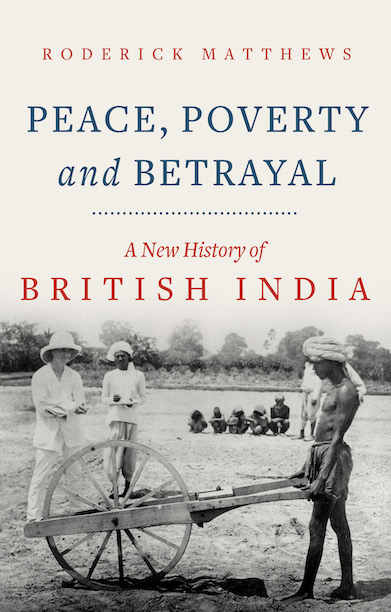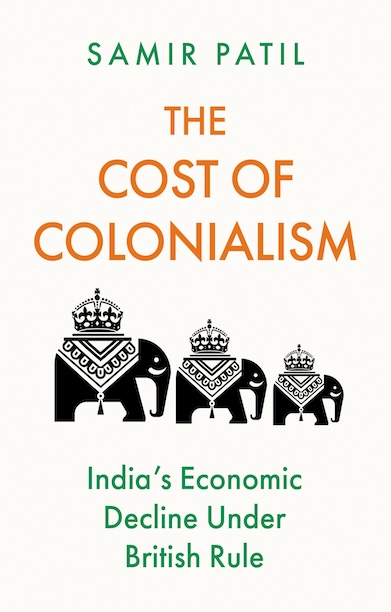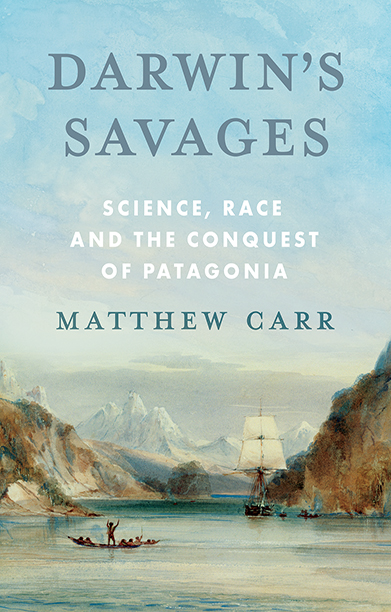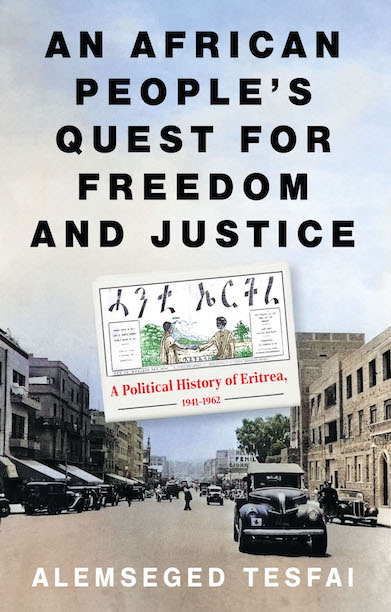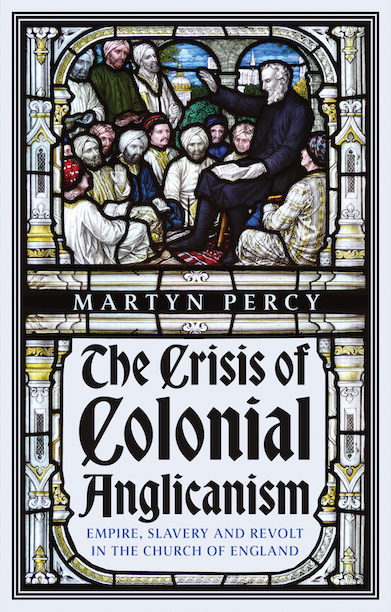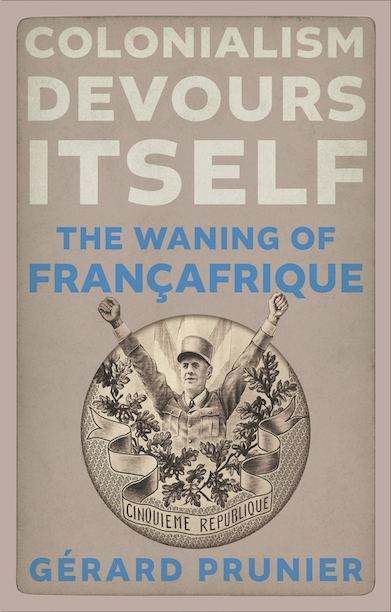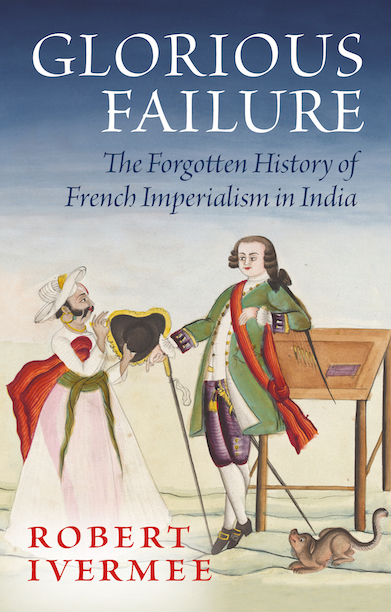Peace, Poverty and Betrayal
A New History of British India
Skewering the simplistic binaries that often dominate the debate, Peace, Poverty and Betrayal is a fresh and elegant history of British India.
Description
How can we explain Britain’s long rule in India beyond the clichés of ‘imperial’ versus ‘nationalist’ interpretations? In this new history, Roderick Matthews tells a more nuanced story of ‘oblige and rule’, the foundation of common purpose between colonisers and powerful Indians.
Peace, Poverty and Betrayal argues that this was more a state of being than a system: British policy was never clear or consistent; the East India Company went from a manifestly incompetent ruler to, arguably, the world’s first liberal government; and among British and Indians alike there were both progressive and conservative attitudes to colonisation. Matthews skilfully illustrates that this very diversity and ambiguity of British–Indian relations also drove the social changes that led to the struggle for independence.
Skewering the simplistic binaries that often dominate the debate, Peace, Poverty and Betrayal is a fresh and elegant history of British India.
Reviews
‘Mr. Matthews’s discerning book isn’t a revisionist defense of the Raj. It is, instead, a warning against the glib postcolonial assumption “that because British rule is viewed as bad, therefore anything else would have been better.”‘ — Tunku Varadarajan, The Wall Street Journal
‘This brave and intelligent book will satisfy neither empire loyalists nor today’s rabid nationalists, which is all the more reason to applaud its author and relish the clarity of his analysis.’ — Literary Review
‘A measured and nuanced assessment of the implications and the legacies of colonial rule, using British policy and behaviour in India as a template.’ — The Round Table
‘A compelling read.’ — Morning Star
‘Matthews explores with great delicacy and intelligence… how Britain became itself, at home, more liberal and democratic, while, as an imperial power, becoming the opposite.’ — The Catholic Herald
‘Matthews demonstrates an encyclopaedic knowledge of British rule in India [and] frequently challenges conventional views of events and personalities who shaped British India.’ — Asian Review of Books
‘A radical re-appraisal of British rule in India that challenges current thinking on colonialism in the subcontinent. […] This is a thoughtful, thought-provoking book with enough to keep the reader travelling through four centuries of our former relationship with India.’ — Journal of Asian Affairs
‘A fresh perspective of the British era that rejects many existing biases. … Elegantly written, backed with sound historical research and convincing arguments, the book is a page-turner.’ — Financial Express
‘Insightful and indeed revelatory… conceptual but also remarkably well-informed historically.’ — Marginal Revolution blog
‘A radical re-appraisal of British rule in India that challenges current thinking on colonialism in the subcontinent. The author, Roderick Matthews, with his own Indian connections, evaluates the East India Company and its successor, the British Raj, by examining how closely both were influenced by Parliament and contemporary opinion in England. From a liberal, Whiggish perspective which directed Company policy to the hierarchical Tory view that courted India’s princes but ignored its peasants, Matthews is acute and perceptive. He argues that the Company acted as a buffer between India and Parliament and that far from being a successful commercial enterprise, it frequently had to be bailed out by the British government. He examines in detail the failure after the Uprising of 1858 to modernise India, to treat its citizens as adults, not children, that denied them the electoral reforms introduced in Britain. He describes the high imperialism of late 19th century Britain, seemingly baffled by ‘India’s exotic backwardness’ and contrasts this with a deeper understanding of the country during the earlier years of British intervention. Betrayal came with the persistent lack of economic activity and a series of uninspired Viceroys. Growing demands for greater Indian representation in the governance of their own country temporarily halted during World War Two but resurfaced immediately afterwards and led to a hasty, botched, Independence that saw the great subcontinent divided for ever. An important book.’ — Dr Rosie Llewellyn-Jones, author, inter alia, of The Last King In India: Wajid Ali Shah
‘Peace, Poverty and Betrayal succeeds in providing a wider understanding of Anglo-Indian history by illustrating the way in which divisions in Britain along party political lines shaped attitudes to the governance of India. Maintaining that a willing acceptance of the uncompromising and immutable nature of ‘imperialism’ in current historiography has tended to disguise the link between the frequent changes in fashion in British politics and the execution of colonial rule in India, Matthews skilfully weaves together the disparate strands of conservative and radical thought which influenced the most prominent British officials and statesmen on the Indian stage. Tackling the thorny issue of “divide and rule”, the book argues that the British spent significantly more time uniting than dividing India and, taking advantage of the complex and highly flexible alliances which always existed between elite groups of British and Indians, cultivated loyalty where it could be found with the goal of avoiding rather than fostering civil tension and the subsequent threat to the stability of the Raj. Admittedly culpable in other areas, the British failed in Matthews’ view by under-stimulating the Indian economy in which Indian interests were never properly represented and, by supporting the Indian conservative classes after 1857, betraying the hopes of those Indians who aspired to work in partnership with the British to build a modern India.’ — Dr Caroline Keen, author of, inter alia, Princely India and the British: Political Development and the Operation of Empire
‘One of the best things about this book is that it sidesteps the usual binaries and looks at British India as it actually was, as complex and confused as today’s India, neither good nor bad but very, very messy. And, as usual, Matthews is a delight to read.’ — Pritish Nandy, former Rajha Sahba MP, poet, film-maker, journalist and former managing editor, Times of India, and editor of the Illustrated Weekly of India
‘A fresh, engaging and challenging perspective on British rule in India, Roderick Mathew’s lucidly written and well researched book will reset the debate on colonial rule and legacy in South Asia.’ — Dr Yaqoob Khan Bangash, Director, Centre for Governance and Policy, ITU Lahore, author of A Princely Affair: Accession and Integration of the Princely States of Pakistan; founder of ThinkFest Pakistan
Author(s)

A freelance writer specialising in Indian history and politics, Roderick Matthews studied history at Balliol College, Oxford. His great-grandfather tutored Nehru through his Harrow entrance exams; one of his great-grandmothers cared for Gandhi in London in 1914. His latest book is Chandra Shekhar: And the Six Months That Saved India.
